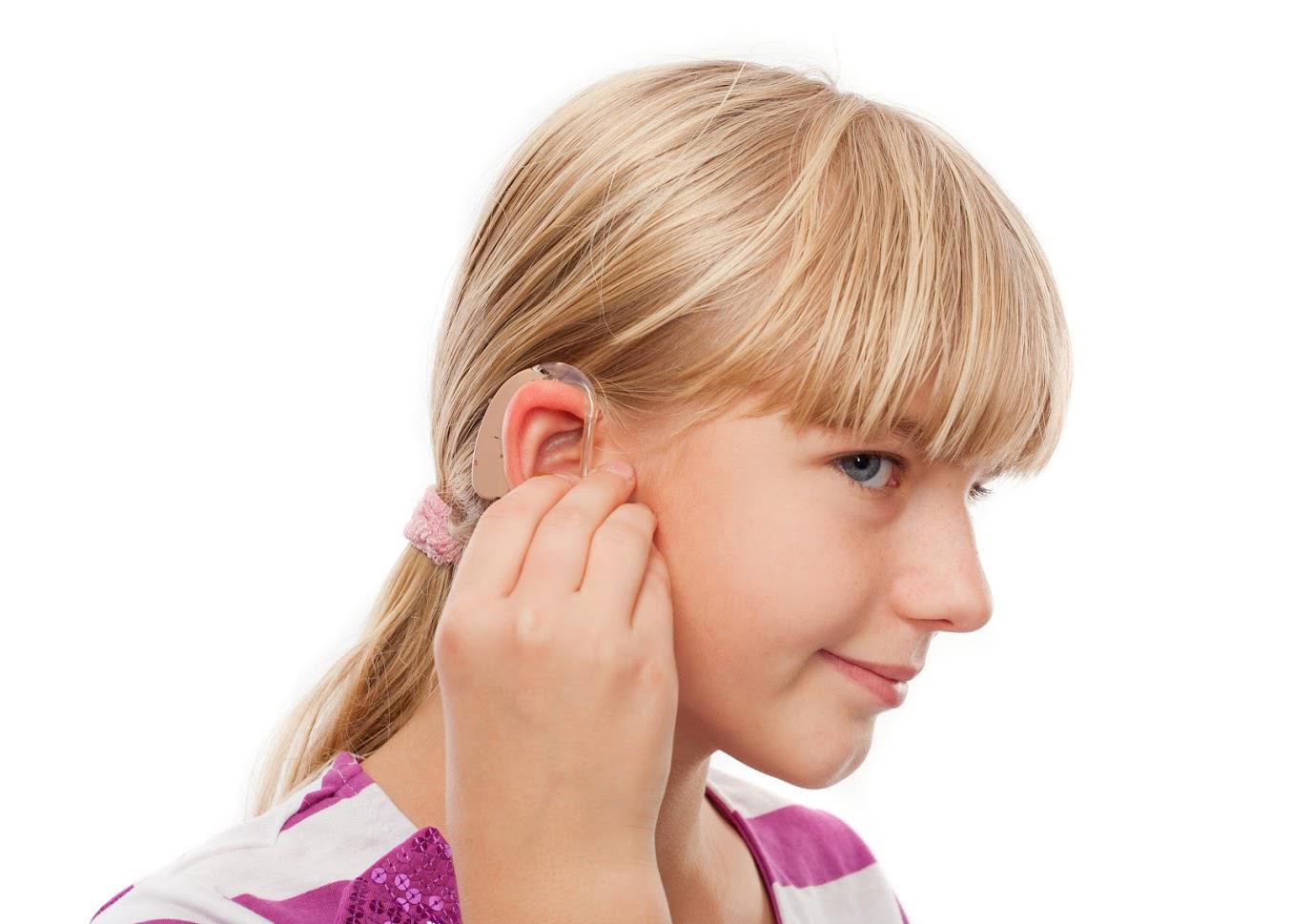Otosclerosis Causes and How Hearing Aids Can Help
- By Admin
- •
- 21 Jan, 2020
- •

Hearing loss isn't limited to older people. One of the most common causes of hearing loss in younger adults is otosclerosis. Otosclerosis can eventually lead to profound hearing difficulties, but hearing aids help preserve hearing for as long as possible. Read on to learn more about this middle-ear disorder and how an audiologist can help you hear better.
What Is Otosclerosis?
Otosclerosis is a rare disorder where a bone in the middle ear, called the stapes, develops an abnormality that makes it less mobile, or completely stuck in one position. The stapes is vital to transmitting sound vibrations to the inner ear which passes the signal on to the brain. When this bone is not able to move well, or at all, then those vibrations are not sent on to the inner ear correctly.
Otosclerosis generally affects younger people, usually over the age of 10 and up to the mid-40s, and is usually not noticeable until the person reaches their twenties or thirties. In addition to hearing loss, you may also notice that you have a ringing in the ears, or tinnitus, as well as balance problems.
How Is Otosclerosis Acquired?
The exact cause of otosclerosis is not quite known, but the following factors seem to play the biggest cause.
Heredity
You have a much higher chance of developing otosclerosis if you have a relative with the condition. Caucasian people, especially women, tend to have a higher incidence of the disorder than those of other races.
Autoimmune Disorders
Some researchers have found a link to autoimmune disorders, where your immune system mistakes parts of your body as a foreign substance.
Measles Infection
Research has shown that people who have recovered from measles are more likely to have otosclerosis. Bone and tissue samples from the middle ear were found to have evidence of the measles virus in many cases.
Hormone Changes
Many women first notice their hearing loss either during or soon after pregnancy while others notice their existing hearing loss worsens during the same time.
Ear Trauma
Stress fractures to bones in and around the ear may contribute to otosclerosis.
Does Otosclerosis Mean Eventual Deafness?
Otosclerosis is usually progressive and could lead to significant hearing loss over time. However, this disorder doesn't always affect both ears, and it affects people in varying degrees. Therefore, just because you have otosclerosis, it doesn't mean that you will become completely deaf or have severe hearing problems, especially if you catch and monitor the condition early.
What Treatments Are Available for Otosclerosis?
If your hearing loss is minor, then your doctor may choose to wait to see if it gets worse. However, if your hearing loss has progressed to the point where it is affecting your life, then hearing aids that amplify sound are usually recommended. You may also benefit from other devices to assist your hearing as well.
If your otosclerosis has progressed beyond the point where hearing aids won't help, then your doctor may recommend a special surgery called a stapedectomy. This surgery removes the stapes and replaces it with a prosthetic. In some cases, this surgery can restore much of your hearing loss, but the risks are very high, so the procedure is only reserved for the worse cases.
Otosclerosis is a progressive disorder that can have a big impact on your life. With proper treatment and assistive devices, such as hearing aids, you may be able to retain enough hearing to live a normal life. Any time you notice hearing loss, or if you are a parent and you notice that your child has trouble hearing, then visit your doctor and an audiologist for an evaluation.
Accurate Hearing Technology can evaluate your middle ear, as well as your current hearing ability, and get you fitted with a device to help improve your hearing. We work with patients that are five years and older who have hearing difficulties. Call or email for an appointment.
Contact Information
- Mon - Thu
- -
- Friday
- -
- Sat - Sun
- Closed






